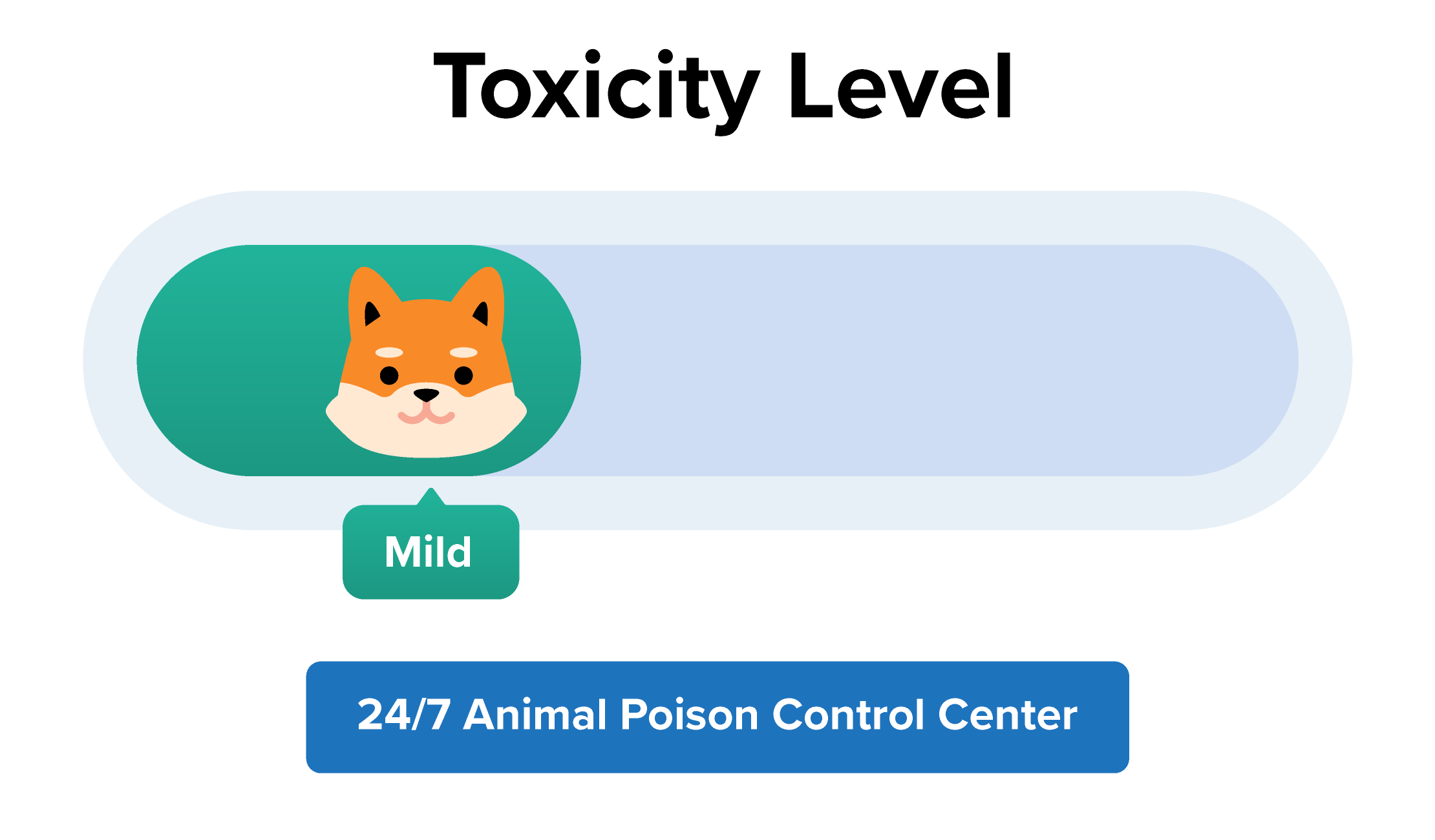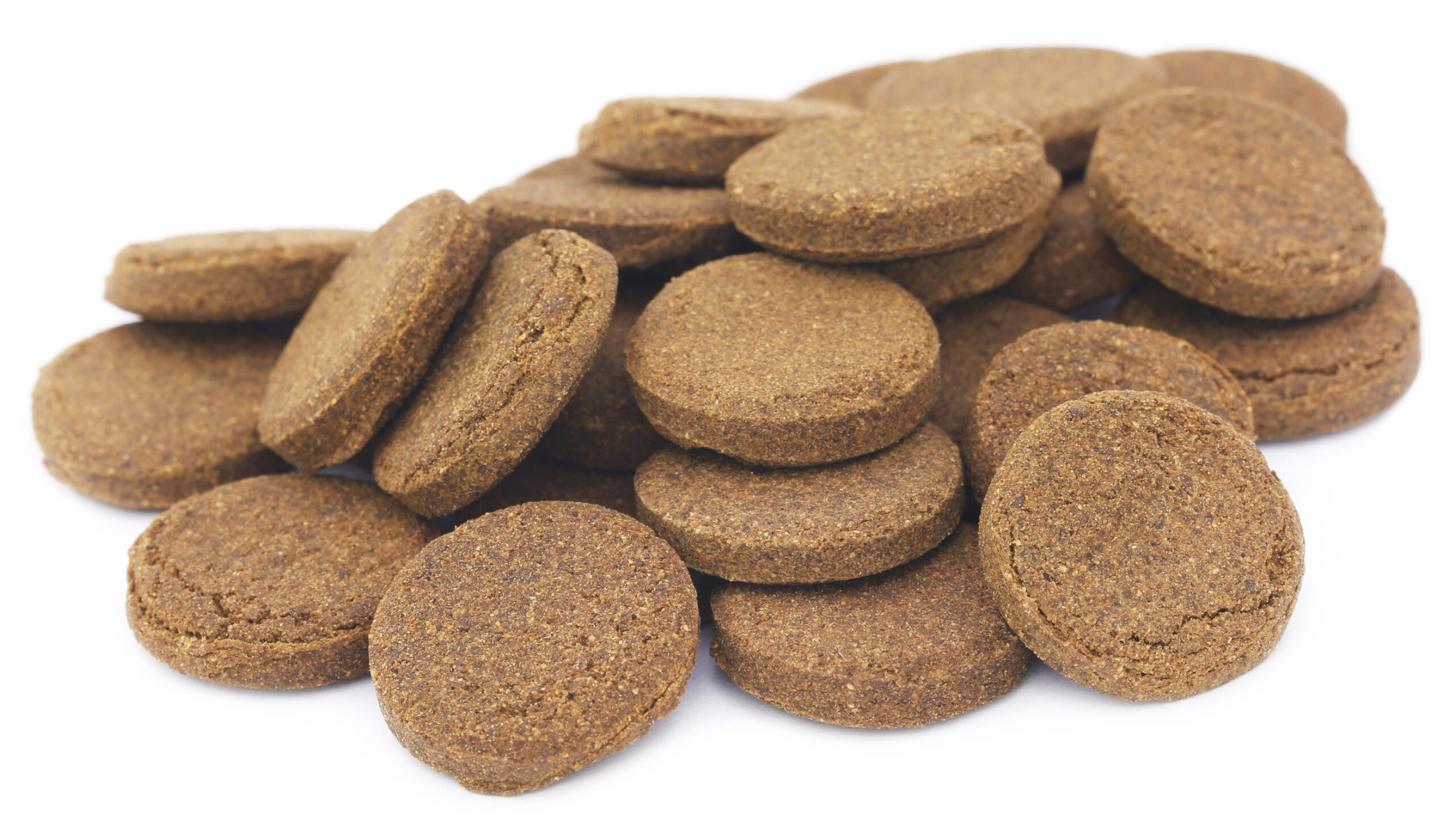Connect with a verified veterinarian in minutes. Licensed vets are available 24/7 to answer your questions. No need to worry about your furry family member.
Don’t you just love cranberries? They make a healthy snack and wonderful side dishes for holidays meals! But what happens if a dog eats cranberries?
Has your dog eaten cranberries? Are you worried cranberries will make your dog sick? If so, you’ve come to the right place. We understand it can be scary when your dog eats something like this.
We’ve put together some information about cranberries and whether they can make a dog sick. Let’s get started!
What are Cranberries?
Cranberries are small, round, red fruits that have a sweet & sour flavor. Some people describe the flavor as a little bitter and sour. The berries grow on vines in freshwater bogs, mainly in North America. Native Americans used the berries for food, dye, and medicine. Later, sailors ate the berries at sea to avoid scurvy.
Cranberries are very healthy! They contain the following nutrients:
- Vitamin C
- Vitamin A
- Vitamin K
- Potassium
- Iron
- Calcium
- Vitamin E
- Manganese
- Copper
- B-complex vitamins
- And more
Cranberries are also a rich source of antioxidants. However, when cranberries are dried, they lose most of their vitamins. They retain calcium and potassium when dried.
While cranberries can be safe for humans, what about dogs? Can dogs safely eat cranberries?
Cranberries & Dogs
The good news is that cranberries are safe for dogs; however, dogs should only eat a small amount of cranberries (raw or dried). When the cranberries are raw, dogs can benefit from all the valuable nutrients contained in the fruit!
When it comes to dried cranberries, however, dogs should not eat many of these. The reason is that many dried cranberry brands are sweetened with sugar. Sugar can be toxic to dogs in large amounts. So, if you choose to give your canine companion dried cranberries, be sure you have a brand that doesn’t contain a lot of sugar.
While cranberries can be safe for dogs, the berries can make a dog sick in large amounts. This applies to both raw and dried cranberries. They may cause a dog to develop diarrhea, nausea, and vomiting. These symptoms should not last longer than 24 hours. If they do, please call the vet. Your dog could become dehydrated from diarrhea that lasts this long.
And if your dog does eat too many cranberries, the good news is the vet can help him feel better. They have medications to stop vomiting and diarrhea, as well as IV fluids to treat dehydration.
So, cranberries are safe for dogs, but only in small amounts! So, if your dog has eaten a bunch of raw or dried cranberries, it’s a good idea to call the vet.
Connect with a verified veterinarian in minutes. Licensed vets are available 24/7 to answer your questions. No need to worry about your furry family member.

Julie
Julie is a graduate of the University of North Carolina, Wilmington, where she studied Animal science. Though contrary to the opinion of her parents she was meant to study pharmacy, but she was in love with animals especially cats. Julie currently works in an animal research institute (NGO) in California and loves spending quality time with her little cat. She has the passion for making research about animals, how they survive, their way of life among others and publishes it. Julie is also happily married with two kids.
Review symptoms, medications & behavior to keep your pets healthy with a Vet Online in just minutes.
Ask a Vet Live Now





